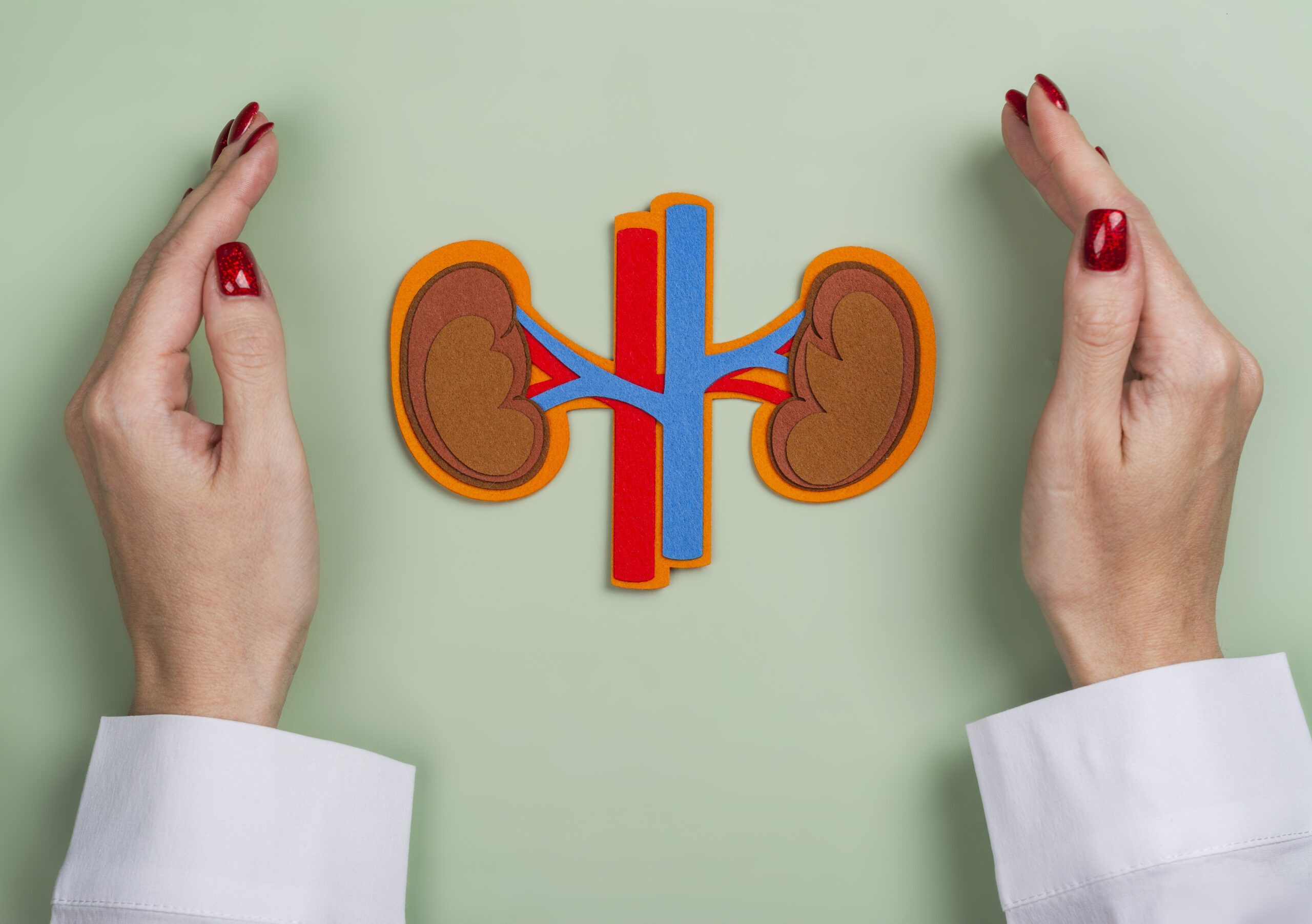Introduction
Kidneys play a crucial role in maintaining overall health by filtering waste products and excess fluids from the blood, regulating blood pressure, and balancing electrolytes. At Therauplex, we emphasize the importance of kidney health as a fundamental aspect of well-being. In this blog, we will share valuable tips and insights on how to maintain good kidney health.
Understanding Kidney Function
Before diving into maintenance tips, it’s essential to understand the primary functions of the kidneys:
- Filtration: Kidneys remove waste products and excess fluids from the bloodstream, which are then excreted as urine.
- Regulation: They help regulate blood pressure, electrolyte balance, and red blood cell production.
- Detoxification: Kidneys detoxify the blood by removing toxins and drugs.
Tips for Maintaining Good Kidney Health
1. Stay Hydrated
Adequate hydration is vital for kidney function. Drinking enough water helps the kidneys remove waste from the blood and maintain a balance of bodily fluids. Aim to drink at least 8 glasses of water a day, but adjust based on your activity level and climate.
2. Eat a Balanced Diet
A balanced diet is key to kidney health. Focus on:
- Fruits and Vegetables: Rich in vitamins and antioxidants, they support overall health.
- Whole Grains: Foods like brown rice, oats, and whole wheat provide essential nutrients.
- Lean Proteins: Choose sources like fish, poultry, and beans. Limit red meat and processed meats, which can strain the kidneys.
3. Control Blood Pressure
High blood pressure can damage kidneys over time. Maintain a healthy blood pressure through:
- Regular Exercise: Aim for at least 150 minutes of moderate-intensity exercise per week.
- Low-Sodium Diet: Limit salt intake to reduce blood pressure.
- Medications: If prescribed, take blood pressure medications as directed.
4. Monitor Blood Sugar Levels
Diabetes is a leading cause of kidney disease. Keep blood sugar levels in check by:
- Healthy Eating: Follow a diet low in sugar and refined carbs.
- Regular Monitoring: Check blood sugar levels regularly.
- Medications: Take diabetes medications as prescribed.
5. Avoid Overuse of Over-the-Counter Medications
Some over-the-counter medications, such as nonsteroidal anti-inflammatory drugs (NSAIDs), can damage the kidneys if used excessively. Use these medications only as needed and follow the recommended dosages.
6. Maintain a Healthy Weight
Being overweight can increase the risk of kidney disease. Maintain a healthy weight through:
- Balanced Diet: Focus on portion control and nutrient-dense foods.
- Regular Exercise: Incorporate both aerobic and strength-training exercises.
7. Quit Smoking
Smoking reduces blood flow to the kidneys, impairing their function. Quitting smoking can improve overall kidney health and reduce the risk of kidney disease.
8. Limit Alcohol Intake
Excessive alcohol consumption can damage the kidneys. Limit alcohol intake to moderate levels, defined as up to one drink per day for women and up to two drinks per day for men.
9. Regular Health Check-ups
Routine check-ups can help detect early signs of kidney problems. Discuss kidney health with your healthcare provider and have regular tests for blood pressure, blood sugar, and kidney function.
Signs of Kidney Problems
Be aware of the signs that may indicate kidney issues, including:
- Changes in urination (frequency, color, or amount)
- Swelling in the legs, ankles, or feet
- Fatigue and weakness
- Persistent itching
- Shortness of breath
- Nausea and vomiting
If you experience any of these symptoms, seek medical advice promptly.
Conclusion
Maintaining good kidney health is essential for overall well-being. By following these tips, you can support your kidneys’ function and reduce the risk of kidney disease. At Therauplex, we are committed to promoting health and wellness through education and preventive care. Take proactive steps today to ensure your kidneys remain healthy and functional for years to come.

